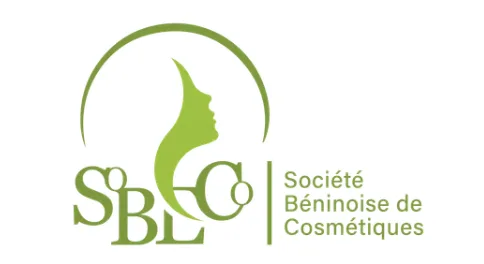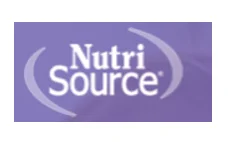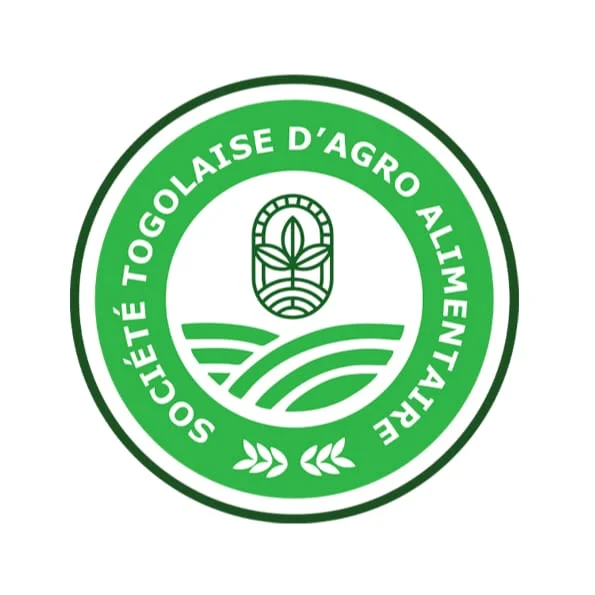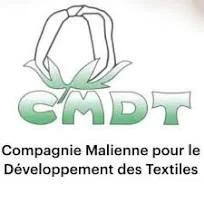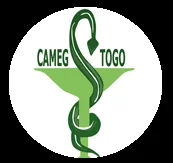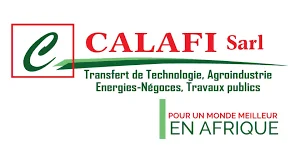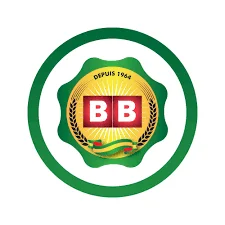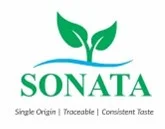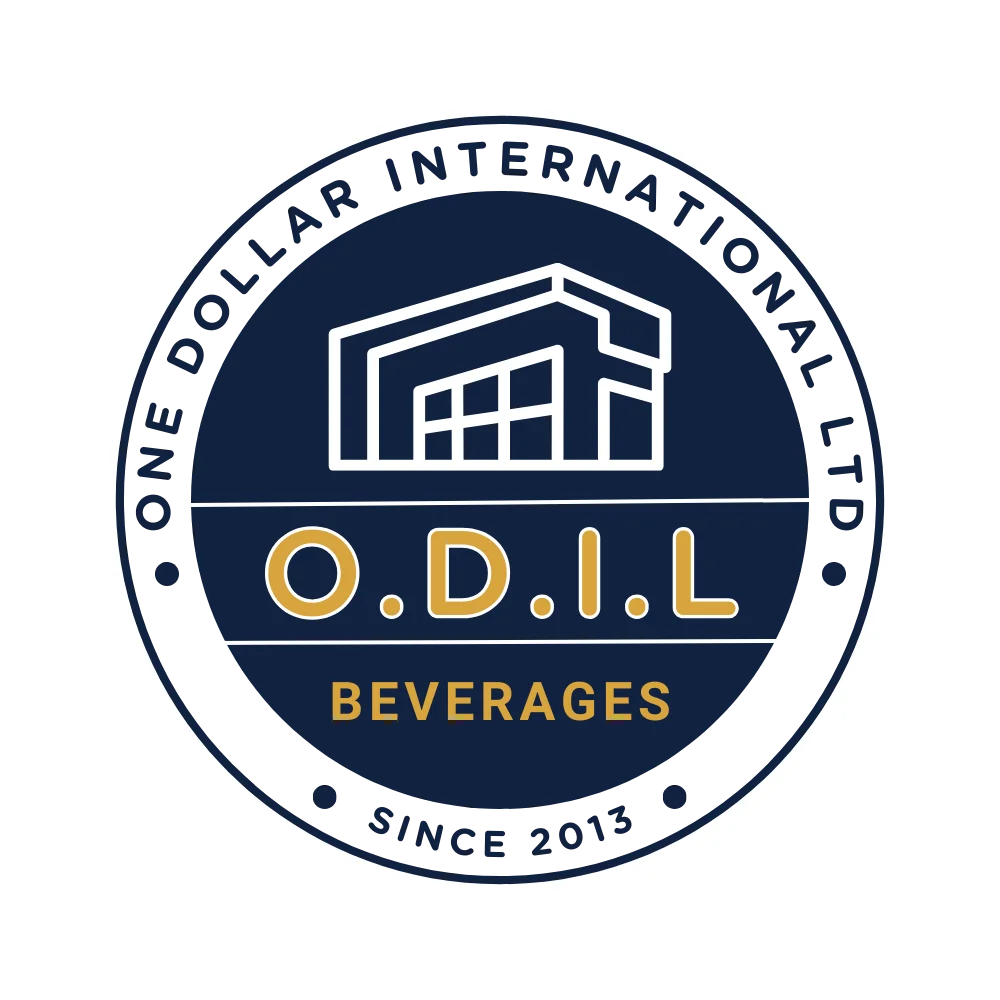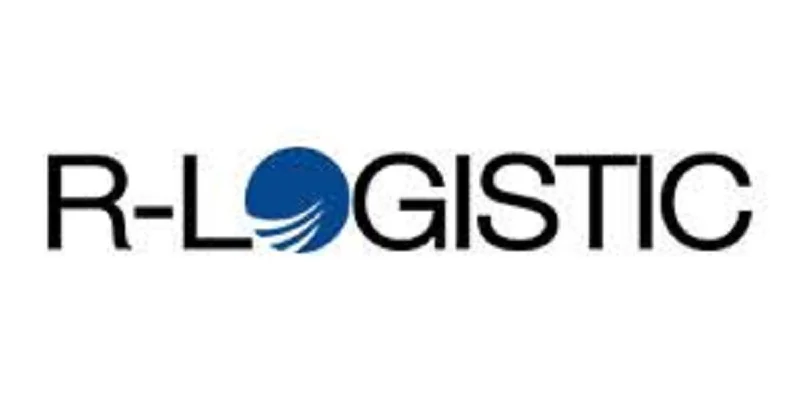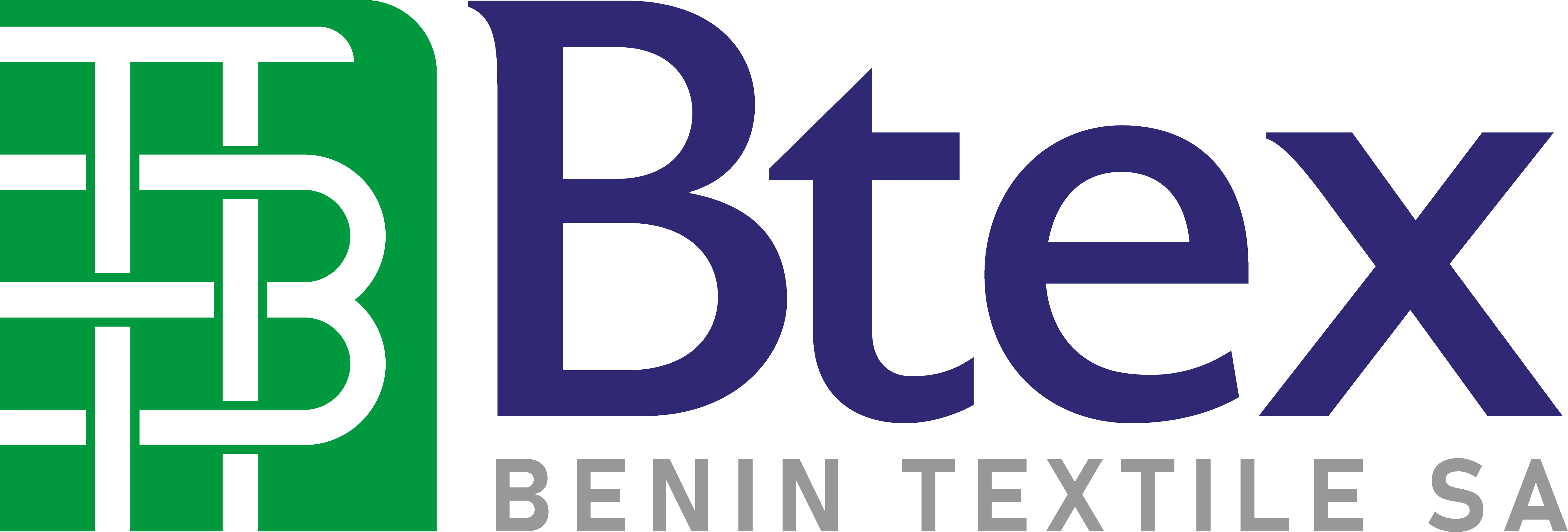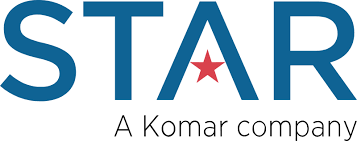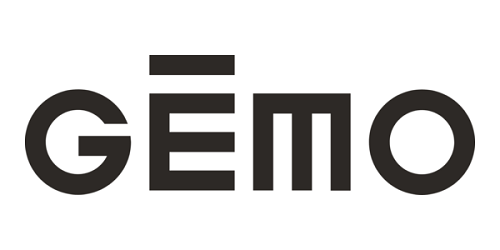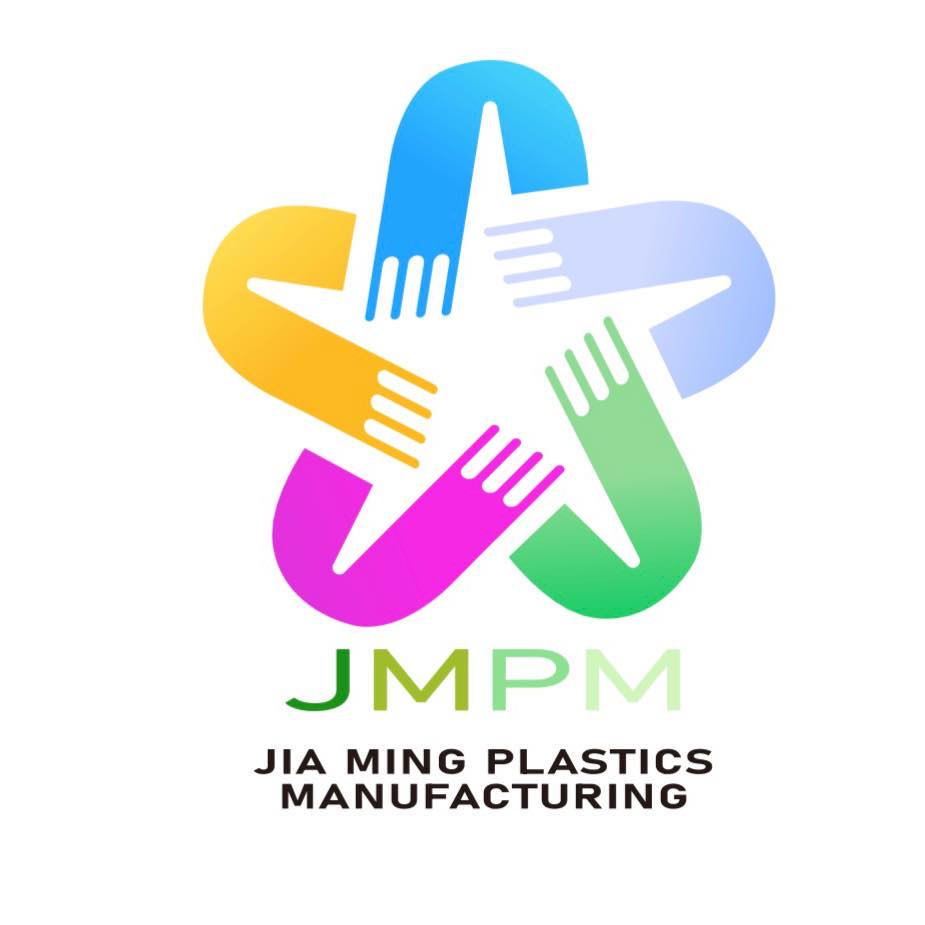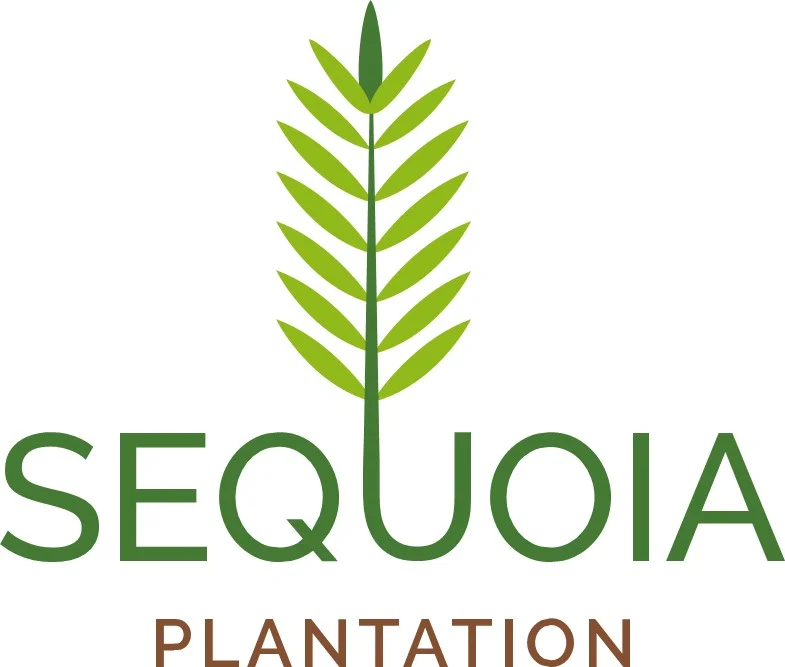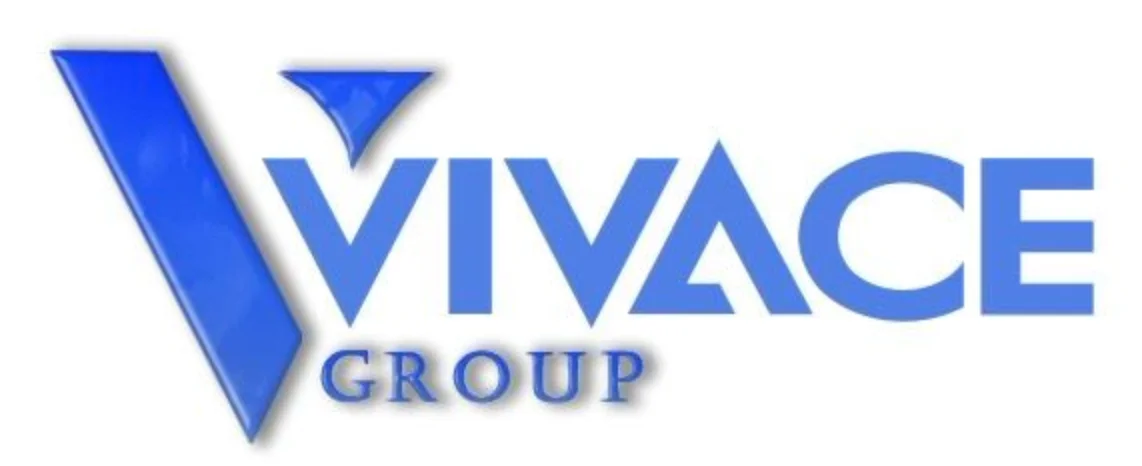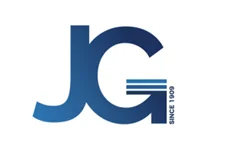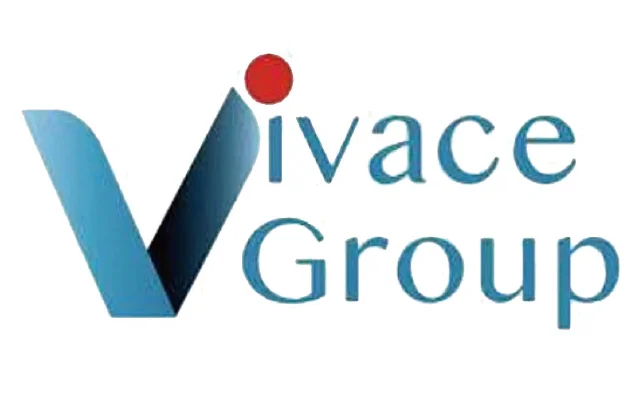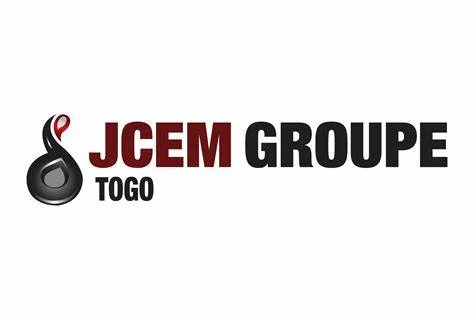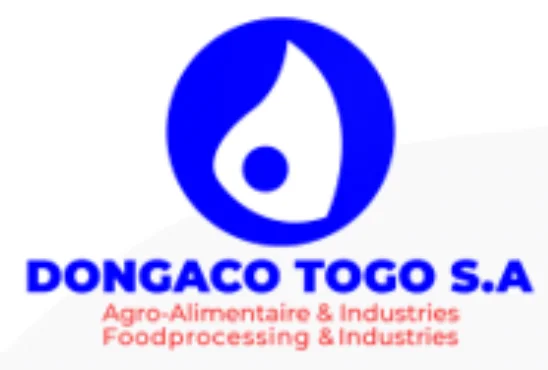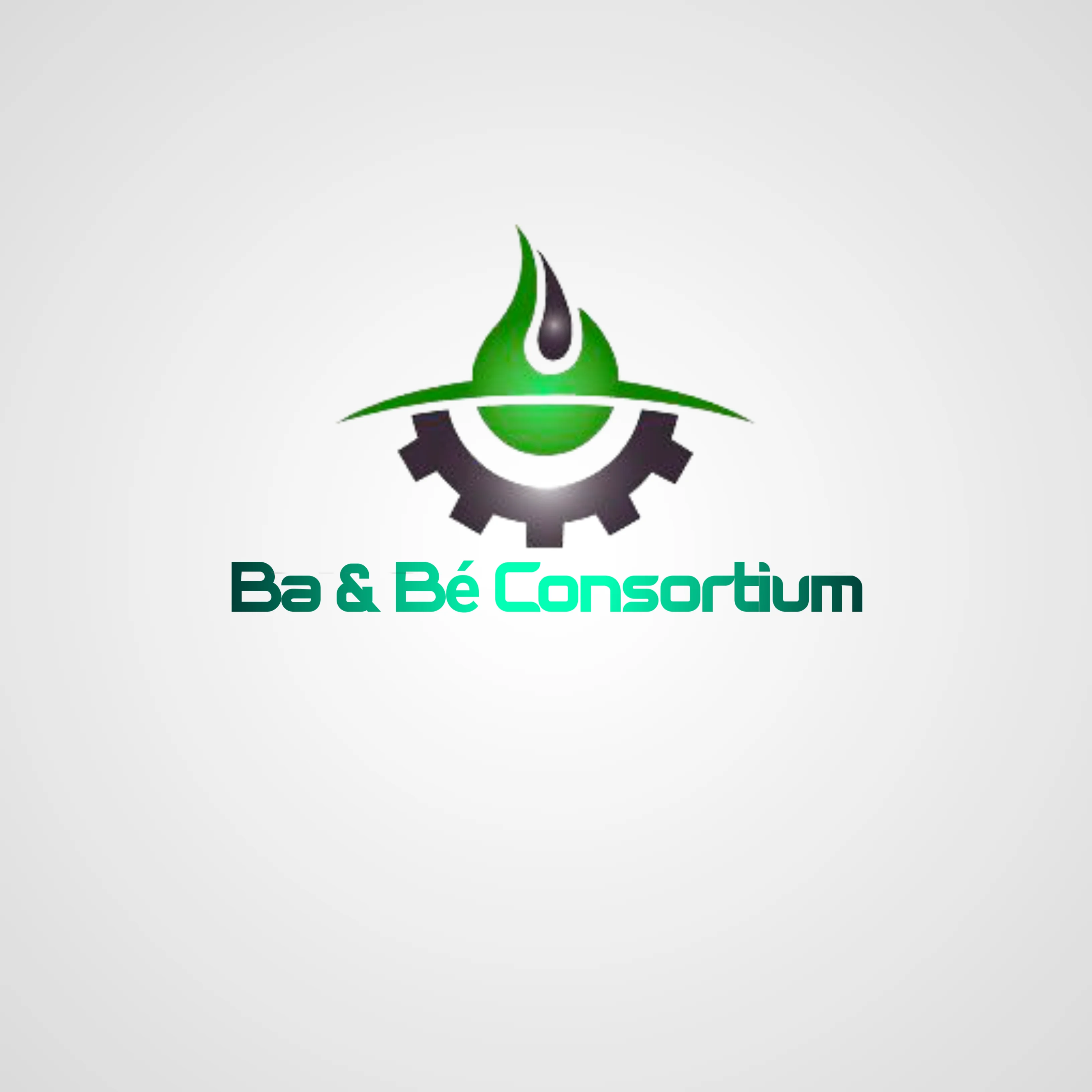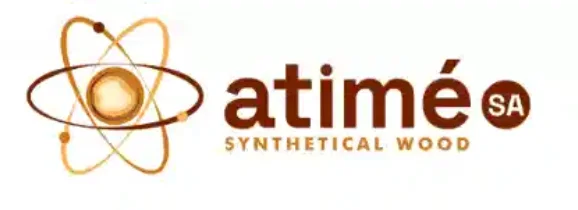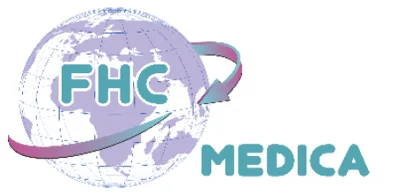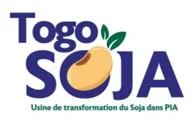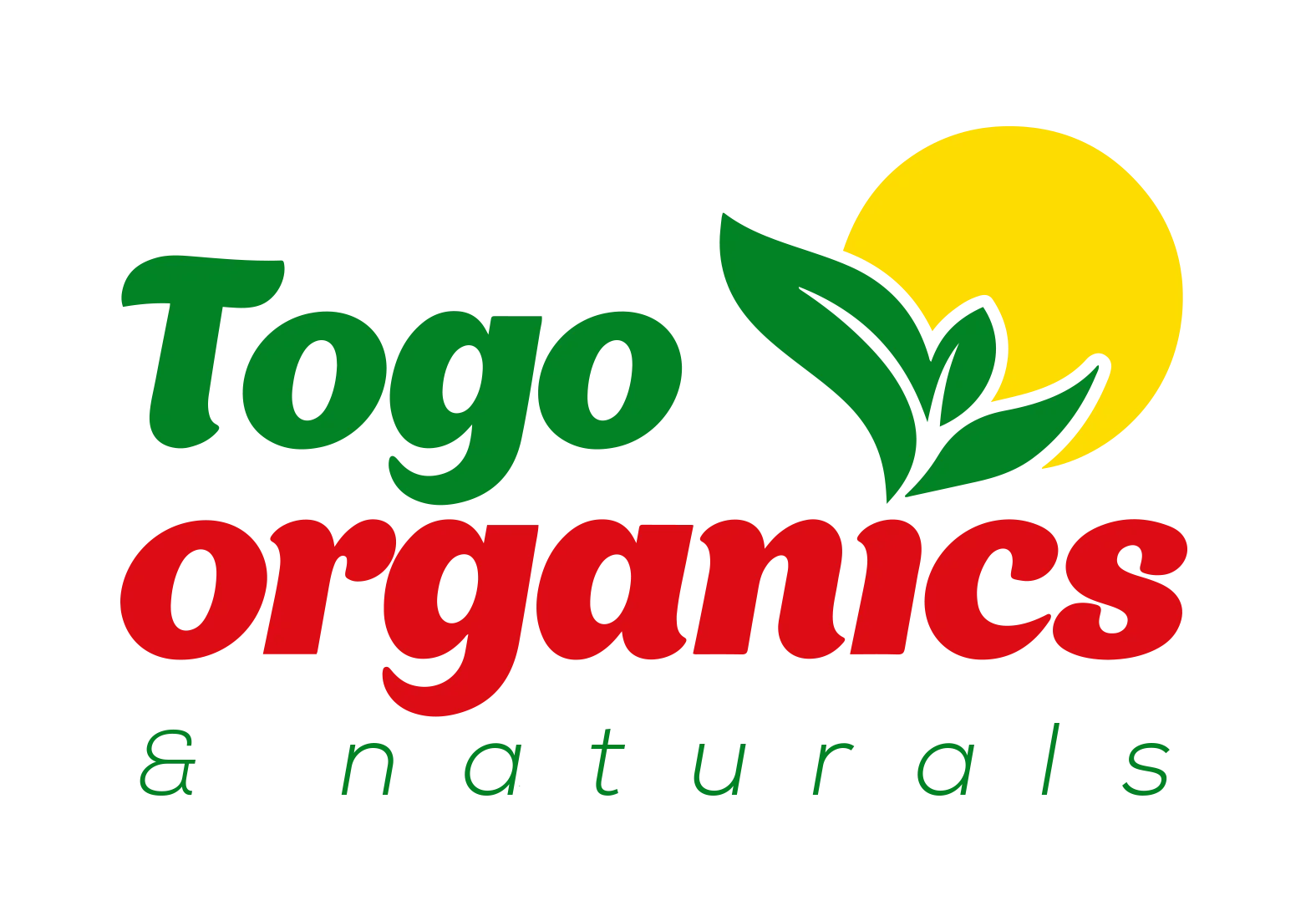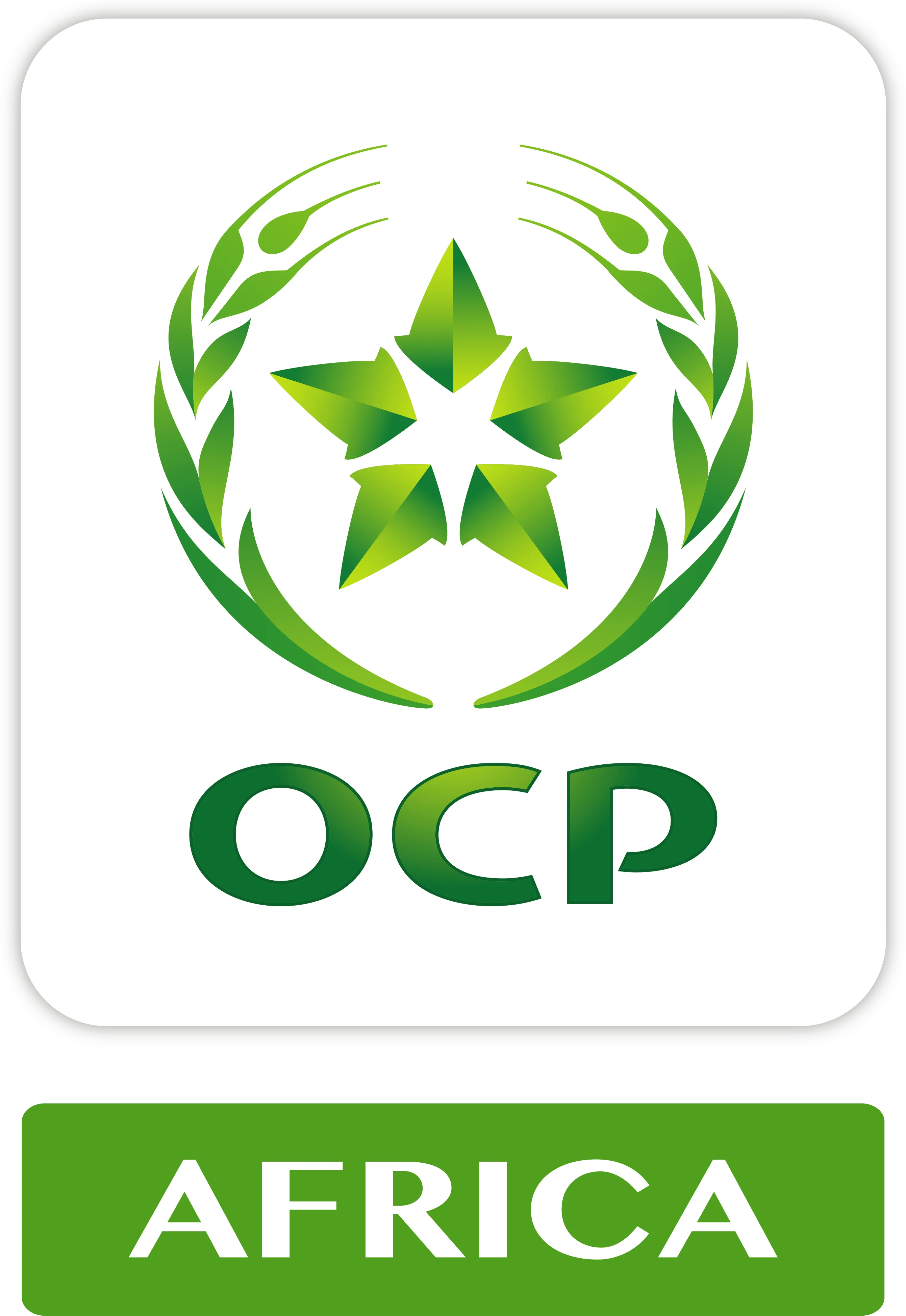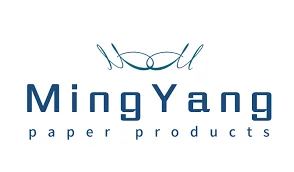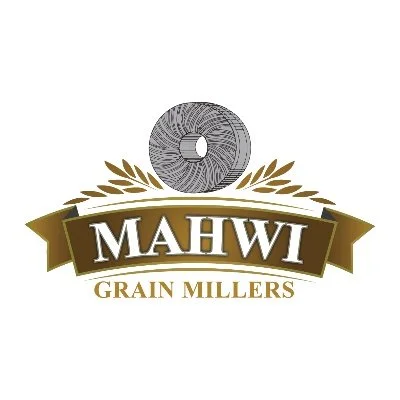What is natron, and what are its primary uses?
Natron is a naturally occurring mineral mainly composed of sodium carbonate. It is used in various industries, including glass manufacturing, detergents, food processing, and as a pH regulator.
What are the geological characteristics of natron deposits in the ZISARH zone?
The ZISARH zone is known for its natural natron deposits. Investors should conduct geological surveys to assess the quality, quantity, and accessibility of these deposits.
What is the current demand for natron in local and international markets?
Demand for natron is driven by industries such as glass, ceramics, and agriculture. Conducting market research can help identify potential buyers and emerging trends.
What regulatory requirements must be met for natron processing in ZISARH?
Investors must comply with local regulations regarding mining permits, environmental assessments, and safety standards. Engaging with local authorities early in the process is crucial.
What infrastructure is available for natron processing in the ZISARH zone?
Assessing existing infrastructure, including transportation networks, utilities, and processing facilities, is essential. Infrastructure development may be necessary to support large-scale operations.
How can investors ensure sustainable mining and processing practices for natron?
Implementing environmentally friendly extraction methods, minimizing waste, and rehabilitating mined areas can promote sustainability. Engaging local communities in these efforts is also beneficial.
What are the potential financial returns on investing in natron processing?
Returns can vary based on production costs, market prices, and operational efficiency. A comprehensive financial analysis and business plan can provide insights into potential profitability.
What challenges might investors face in the natron processing sector?
Challenges include fluctuating market prices, access to finance, and logistical issues. Conducting thorough risk assessments and developing contingency plans is advisable.
How can technology enhance natron processing operations?
Adopting modern processing techniques, automation, and data analytics can improve efficiency and product quality. Exploring partnerships with technology providers can facilitate this.
What role do local communities play in the natron processing industry?
Engaging with local communities can foster goodwill, support sustainable practices, and create job opportunities. Establishing corporate social responsibility (CSR) initiatives can enhance community relations.
What are the environmental impacts of natron processing, and how can they be mitigated?
Potential impacts include land degradation and water pollution. Implementing environmental management systems and conducting regular impact assessments can help minimize these risks.
How can investors navigate the export processes for natron?
Understanding export regulations, tariffs, and quality standards is crucial for accessing international markets. Collaborating with local export agencies can facilitate the process.





